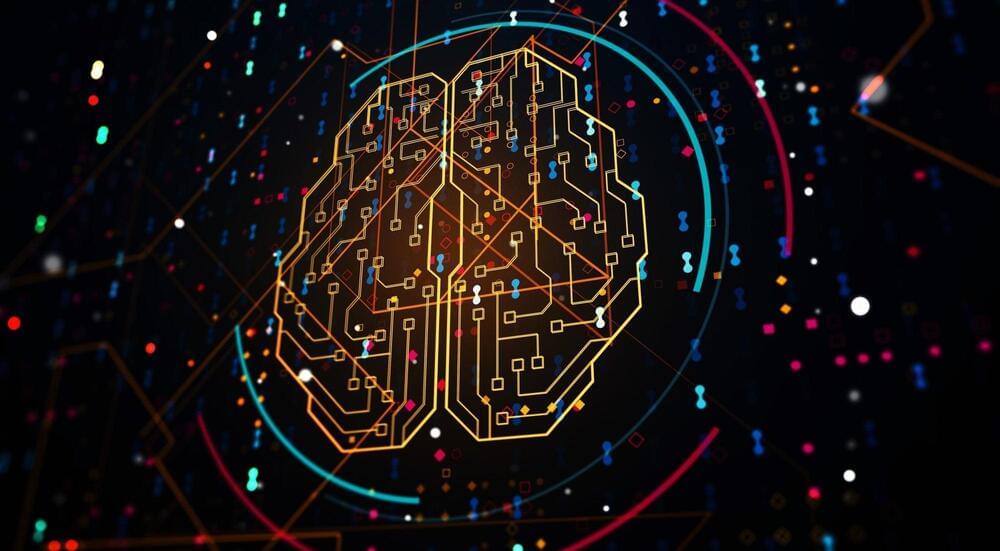Say you have a cutting-edge gadget that can crack any safe in the world—but you haven’t got a clue how it works. What do you do? You could take a much older safe-cracking tool—a trusty crowbar, perhaps. You could use that lever to pry open your gadget, peek at its innards, and try to reverse-engineer it. As it happens, that’s what scientists have just done with mathematics.
Researchers have examined a deep neural network—one type of artificial intelligence, a type that’s notoriously enigmatic on the inside—with a well-worn type of mathematical analysis that physicists and engineers have used for decades. The researchers published their results in the journal PNAS Nexus on January 23. Their results hint their AI is doing many of the same calculations that humans have long done themselves.
The paper’s authors typically use deep neural networks to predict extreme weather events or for other climate applications. While better local forecasts can help people schedule their park dates, predicting the wind and the clouds can also help renewable energy operators plan what to put into the grid in the coming hours.
